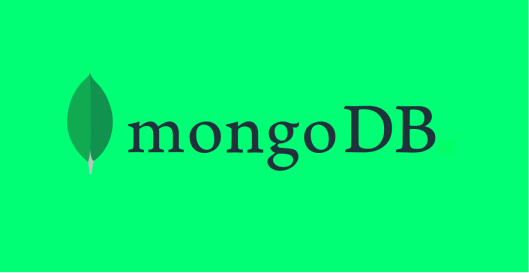Master AI & Build your First Coding Portfolio with SkillReactor | Sign Up Now
Overview of MongoDB

MongoDB is a leading NoSQL database renowned for its flexibility, scalability, and performance. It deviates from the traditional table-based relational database structure, employing a document-oriented model. This model uses JSON-like documents with dynamic schemas (in MongoDB termed as BSON), making the integration of data in certain types of applications easier and faster.
The Importance of MongoDB
Flexible Schema for Agile Development
MongoDB's flexible schema is a key feature, allowing rapid iteration and agile development. This flexibility lets developers modify the data model without disrupting existing data, an advantage over more rigid, structured databases.
Scalability for Large-Scale Applications
Scalability is another critical asset of MongoDB. It supports horizontal scaling through sharding, effectively distributing data across multiple servers. This scalability is crucial for managing high-traffic applications and big data solutions.
Advanced Querying and Indexing Capabilities
MongoDB offers powerful querying and indexing capabilities, enabling efficient data querying in various ways. It supports rich queries, full-text search, graph processing, and geospatial queries, making it a versatile tool for multiple applications.
Compatibility with Modern Web Development Stacks
MongoDB is well-aligned with popular web development stacks such as MEAN (MongoDB, Express.js, AngularJS, Node.js) and MERN (MongoDB, Express.js, React, Node.js). Its compatibility with JavaScript in the database and on the client-side streamlines the development process, resulting in more coherent and maintainable codebases.